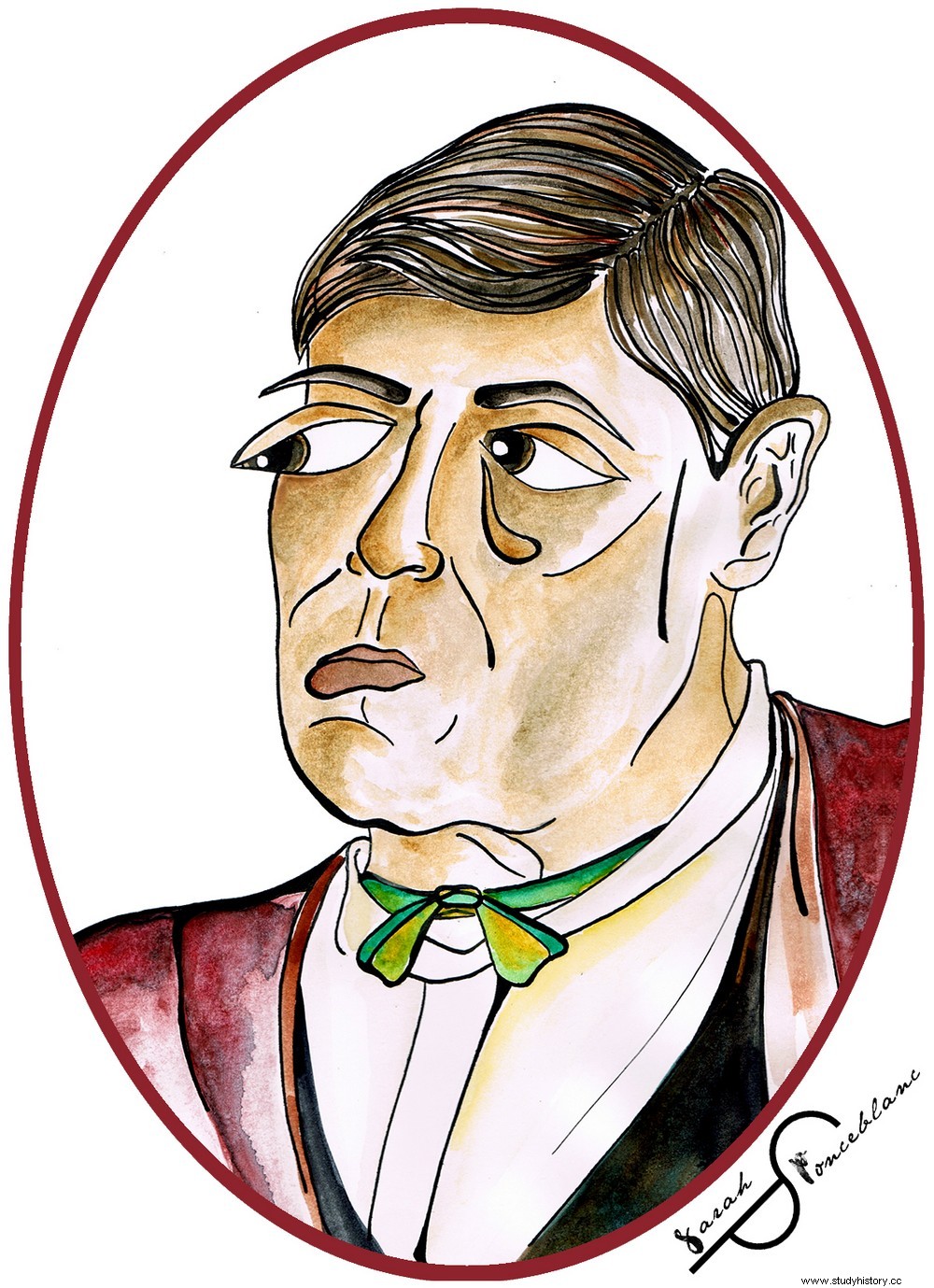Marie Josefina Mathilde Durocher (1808 – 1893) was a Brazilian gynecologist, midwife and doctor. First qualified midwife, she is the first woman to be admitted to the Brazilian Academy of Medicine.
A new life in Brazil

Marie Josefina Mathilde Durocher was born in Paris on January 6, 1808. From 1815, after the fall of Napoleon, a few hundred French people emigrated to Brazil and her family was one of them. In 1816, his mother took him first to Belgium and then to Brazil.
Thanks to credits granted by some compatriots, Anne Durocher opens a women's fashion boutique, offering French fashion clothes and accessories. She makes five slaves work there, alongside her daughter who runs the cash register. Single mother, independent of any male figure and merchant of fashion - a trade oriented towards the charm of women -, Anne has a bad reputation. Despite everything, the success of French fashion is undeniable and the store works.
A new vocation
When Anne Durocher died in 1829, her business began to decline. Having become the owner of the boutique, Marie Durocher strives to keep the business afloat, but she will only be able to do so for a few years. The same year, she gave birth to her first child with Pedro David. The second was born in 1831, when she lost ownership of the shop and her husband was murdered. At 22, Marie is an orphan, a widow with two young dependent children, and she has lost her means of support.
The young widow knows two midwives, one who stayed with her for a while, and the other who works in a hospital in Rio de Janeiro. It then occurred to her the idea of turning herself towards the profession of midwife. At the same time, Marie also decided to take Brazilian nationality and adopt men's clothes:"I adopted clothes that seem not only comfortable for my profession, she explains, but also more discreet and specific to a midwife. »
A long career as a midwife
From 1833, Marie Durocher took private lessons from doctors and performed her first deliveries. According to the "Registers of the Delivery Clinic of Mrs. Durocher", kept by the Academy of Medicine of Rio de Janeiro, she took care of five patients that year, and without problems. She then enrolled in childbirth at the Medical-Surgical Academy of Rio de Janeiro. The course has just been created, and she is the first student. During her apprenticeship, she still takes care of about twenty parturients. At the end of 1834, Marie was the first to obtain her midwifery diploma. She announces it and offers her services through the press, to all the women who need it. The first year, Marie accompanies 50 women, twice the following year; mostly slaves and free black women. She makes no distinctions, and takes care of all her patients with equal care. Being herself opposed to slavery, she will also leave a text concerning the emancipation of slaves.
At the start of her career, Marie moved into a practice shared with other midwives and doctors, although most births took place in patients' homes. Subsequently, she will also direct the maternity ward of a nursing home. Quickly, Marie's skills, knowledge and professionalism were recognized by her peers and patients. During her long career, she assisted nearly 6,000 parturients, including the same woman 15 times, three generations of the same family, doctors' wives and the family of Emperor Peter II of Brazil from 1865. Beyond childbirth, she accompanies pregnancies, provides advice for the care of newborns and helps with the choice of nannies. Alongside her activities, Marie is sometimes asked by the police to examine women in cases of rape, infanticide or for pregnancy certificates.
A pioneer in obstetrics
The only woman in Brazil and the only midwife admitted to the Academy of Medicine, Marie Durocher is heavily involved in it. She shares her clinical observations, comments on public health choices and makes suggestions, and gives her opinion on the use of certain drugs. She writes in the magazine of the Academy, and leaves some texts in the field of obstetrics. These texts, the most important published in this field in 19th century Brazil, reveal that she mastered the complications that can arise during childbirth and the obstetric techniques of her time such as the use of forceps or even resuscitation. newborns. She is also opposed to the acceleration of childbirth, whether by medication or surgery, and always accompanies parturients throughout labor.
Although recognized for her skills, Marie saw her patient base dwindle at the end of the 1860s. The number of midwives in Rio de Janeiro greatly increased and she herself reached the age of 60. She continued to practice, however, until she was over 70. In 1871, she was the first woman admitted to the Academia Imperial de Medicina.
Marie Durocher died on December 25, 1893.
Useful links
A Franco-Brazilian midwife in Rio de Janeiro in the 19
th
century
Wikipedia page of Marie Durocher
Wikipedia page in Spanish of Marie Durocher (more complete)
